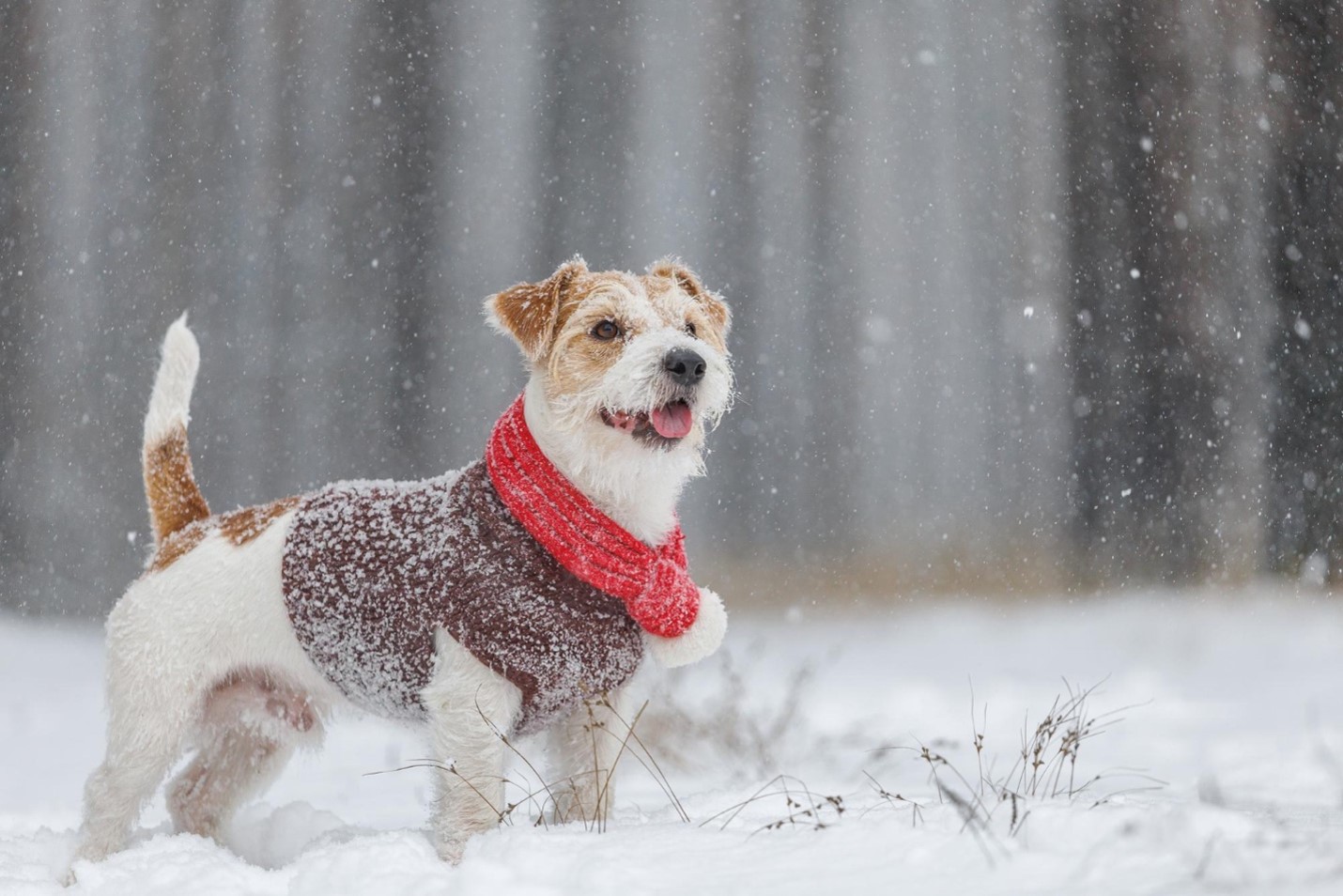The Role of Nutrition in a Healthy Winter Coat for Dogs
 Credit: woodhunt Via Freepik
Credit: woodhunt Via FreepikAs the winter season approaches, it's not just us humans who must bundle up and stay warm. Our beloved pets also require additional attention, and a vital element of their winter health involves keeping their fur in good shape. Therefore, what steps can you take to guarantee that your furry companion's coat remains healthy throughout the winter?
The answer lies in their nutrition. What your dog eats has a direct impact on the health and appearance of their coat. Learn more about the role of nutrition in a healthy winter coat for dogs.
Quality Protein is the Key
Proteins are the building blocks of life, and they play a crucial role in maintaining your dog's healthy coat. High-quality dog food with enough protein is essential for your pup's fur. Look for protein sources like chicken, turkey, salmon, and lamb, as they provide essential amino acids for healthy coat growth. Avoid dog food with excessive fillers and by-products, as these can compromise the protein quality.
Fatty Acids for Shine and Softness
Omega-3 and Omega-6 fatty acids are essential for a soft, shiny, and well-hydrated coat. These nutrients also help alleviate dry, itchy skin that many dogs experience during the winter. Fish oils, flaxseed, and certain plant oils are excellent sources of these fatty acids. You can find commercial dog foods formulated explicitly with added Omega fatty acids, or you can supplement your dog's diet with fish oil capsules.
The Raw Dog Food Revolution
One popular option among dog owners to ensure their pets have a healthy winter coat is switching to a raw dog food diet. This method centers on providing dogs with a diet consisting of real, unprocessed ingredients that pose no issues for their digestion and are advantageous for their wintertime fur.
Supporters of raw dog food argue that it can result in glossier fur, better skin health, and an enhanced state of overall wellness. While this diet is becoming more popular, it's crucial to seek advice from a veterinarian before transitioning to it to ensure it's suitable for your dog.
Adequate Vitamins and Minerals
Essential for your dog's general well-being, vitamins and minerals also contribute to the preservation of a vibrant coat. For instance, Vitamin A is vital for cell growth and renewal. Vitamin E serves as a shield for the skin and fur against harm, while zinc aids in the creation of hair proteins. A balanced diet rich in these nutrients, along with a good-quality dog multivitamin if needed, can keep your pup's coat in top shape.
Proper Hydration is Essential
Dry air and indoor heating during the winter can lead to dehydration in dogs. Inadequate hydration can lead to your dog experiencing dry and peeling skin, which can have an impact on the condition of their fur. Make sure your beloved companion has ready access to clean and fresh drinking water. You can also include wet dog food in their diet, which provides additional moisture and helps prevent dry skin.
A healthy winter coat for your dog is not just about the right doggy sweaters and booties. Nutrition ensures your furry friend looks and feels best during the colder months. A well-balanced diet with high-quality protein, fatty acids, proper hydration, essential vitamins, and minerals can make a difference.
839GYLCCC1992



Leave a Reply